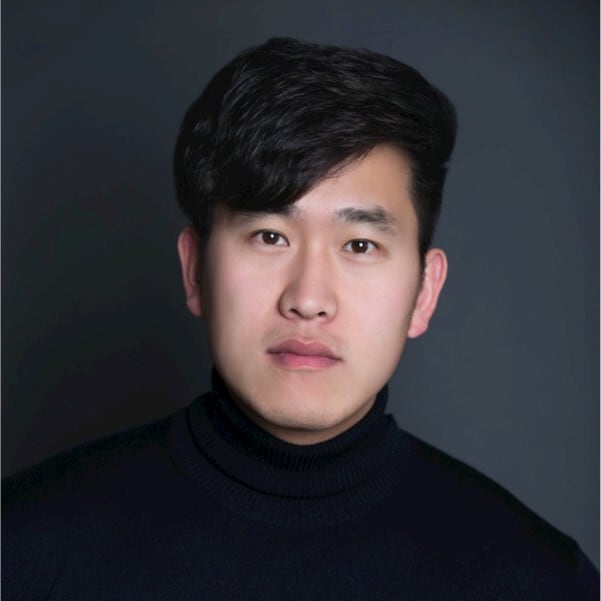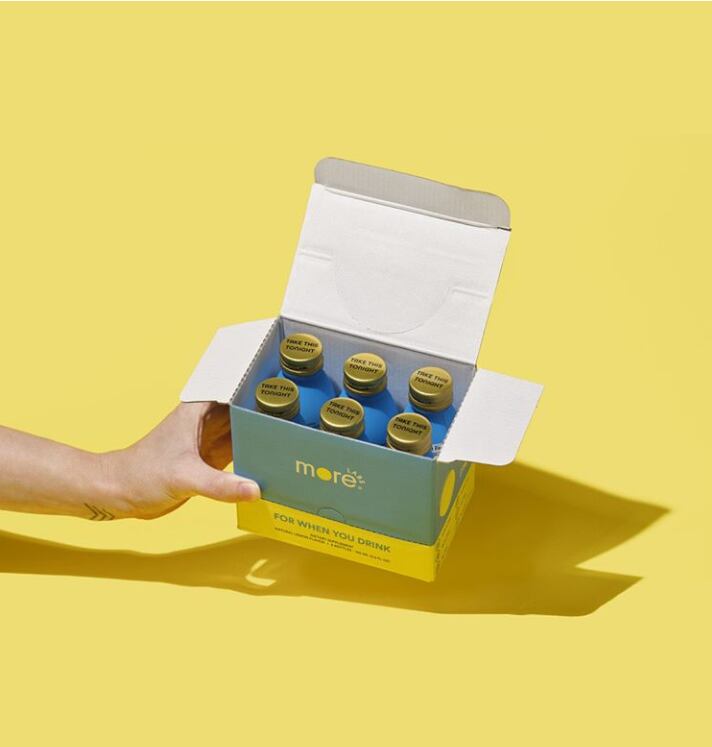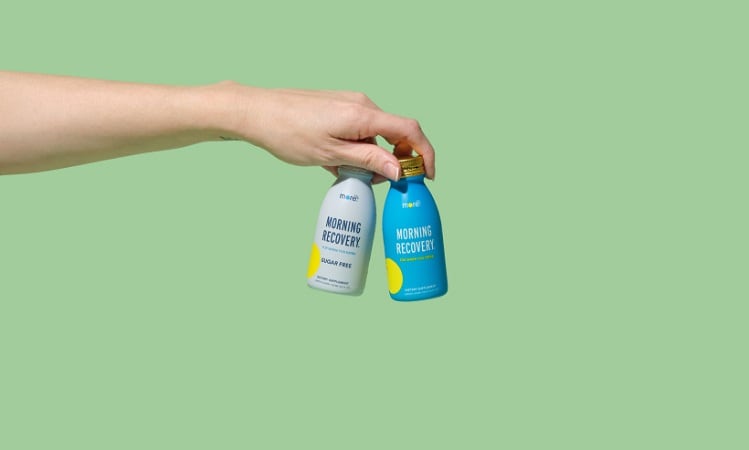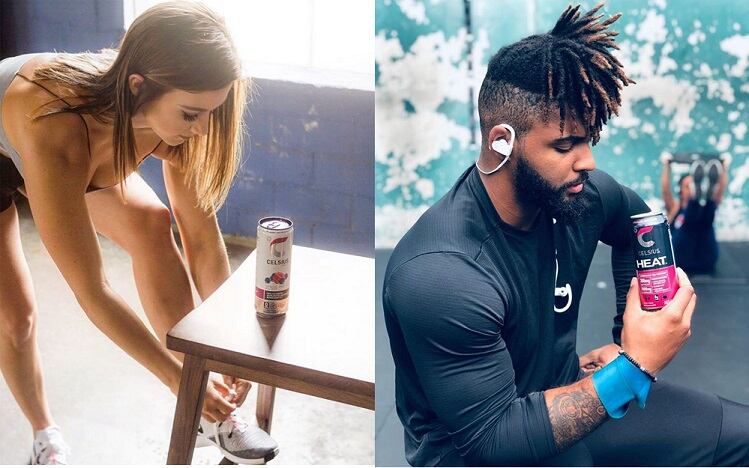Liquid supplements served in shot-sized bottles that are marketed as an aid to help hangovers hurt less are nothing new—there are multiple brands on the market, none of them really dominating.
Ask a random person on the street if they can name energy drink brands, you’ll very likely get many answers. If you ask them to name a ‘hangover cure’ drink brand, you’ll probably have a hard time finding someone who can list even one brand name.
One brand that perhaps has a good shot at market dominance is Morning Recovery, which came to the world in 2017 after its founder Sisun Lee, a former product manager at Tesla, raised $250,000 on crowdfunding platform Indiegogo. The product is formulated around dihydromyricetin, or DHM, which appears naturally in Hovenia dulcis, also known as Oriental raisin tree.
In 2018, eight months after the product launch, its parent company More Labs (at the time known as 82Labs) raised $8 million from venture capitalists. In a Medium post published by the company in August 2018, the company said it was worth $33 million.
Retail distribution was one of the first things the company focused on after its cash injection.
“We didn’t want to be a niche ecommerce company,” founder Lee told us. “We thought the real advantage was in retail. You have to be in places where people have these use cases, where they can buy serendipitously, because no one plans on getting drunk, right?”
From the end of 2018 until now, the company has steadily increased its bricks-and-mortar distribution footprint, though the bulk of sales still happens online. Geographically, they’ve focused on three cities: San Francisco (where the company is based), Los Angeles, and Chicago.
“We picked these cities to build core density, and get a community behind [our product],” Lee said.
Doing well at 7-Eleven
Morning Recovery’s main retail focus is ‘off-premise’ retailers, which means places where consumers can buy alcohol but can’t drink it there. This includes convenience stores, drug stores, and liquor stores.

One major development in Morning Recovery’s retailing history is distribution with 7-Eleven. “It has been pretty huge for us,” Lee said. “Because of the franchise model, brands need to get franchise-owner purchases, so you can’t just go national if the president at headquarters gives it a green light. In places like Chicago, it’s been really good.”
In fact, president of the Midwest branch of 7-Eleven Franchise Owners Association Jim Boyci told beverage industry trade publication BevNET that Morning Recovery beat other supplements such as 5-Hour Energy and Emergen-C in terms of volume and dollars for the six weeks he started selling it. “We’re very optimistic about 7-Eleven,” Lee told us.
When distribution isn’t about sales volume or revenue
To beat the sales of a big brand name like 5-Hour Energy is especially impressive for a brand that’s playing in the hangover category, which has never really picked up in the US.
“In Korea, [where] the hangover drink market is about $200m annually, almost every single consumer product goods brand [has its] own hero brand of hangover drinks,” Lee told us when he just wrapped up his Indiegogo campaign in 2017.
A more recent marketing study by hangover-cure company Bright Day found that 98% of people have never heard of products in the hangover space.In the US, products in the hangover cure category face competition against energy drink giants like 5-Hour Energy and thus have limited staying power, according to Euromonitor data from 2012. The company has not kept tabs of the category closely since, a spokesperson for the market research firm told us.
This is where distribution at ‘on-premise’ sites, where consumers can consume alcohol, can come in handy. “On-premise does not have as high of a following but we still focus a lot on it. For us it’s a marketing effort as well,” Lee said.
Examples include night club chain Tao. “All of their venues in Vegas actually buys Morning Recovery and sells it back to customers.” Another one is the social club chain Soho House. “These are places where it’s not truly for volume nor revenue for us, a lot of it is marketing play.”
Expanding to nootropics
Lee has bigger aspirations that can’t be met relying on a hangover product alone. “There are a lot of products and start-ups positioned just to be within this new category that you can call ‘alcohol recovery’ or, I don’t know what it’s called,” he said.

“The volume has always been super low and there hasn’t been a huge brand.”
Lee sees his main competition to be established products not part of this category, like Pedialyte (originally for pediatric hydration) and Gatorade (an electrolyte sports drink).
But the company recently hired an R&D-experienced head of product development, Dr Fu Chen, who has worked as a fellow at the FDA and senior scientist at chemical company Ashland and food company JM Smucker. With his work, they’ve formulated several new products poised to launch soon in the brain health (or nootropic) area.
“Over the first year [of business], the biggest thing we learned was understanding what was our value proposition, who were our customers and why are they buying our product or why are people not buying our product.”
It’s not the college students or bachelor party goers that are their main customer. Rather, many of them white-collar workers with “super high disposable income” who are consuming the product more to be productive and less to prevent or soothe hangovers.
“The concept of hangover was just one element of it,” he said. “There’s dehydration, lack of sleep quality, stress, and anxiety.”
“Ultimately we want to build products that remove these modern-day stressors.”


